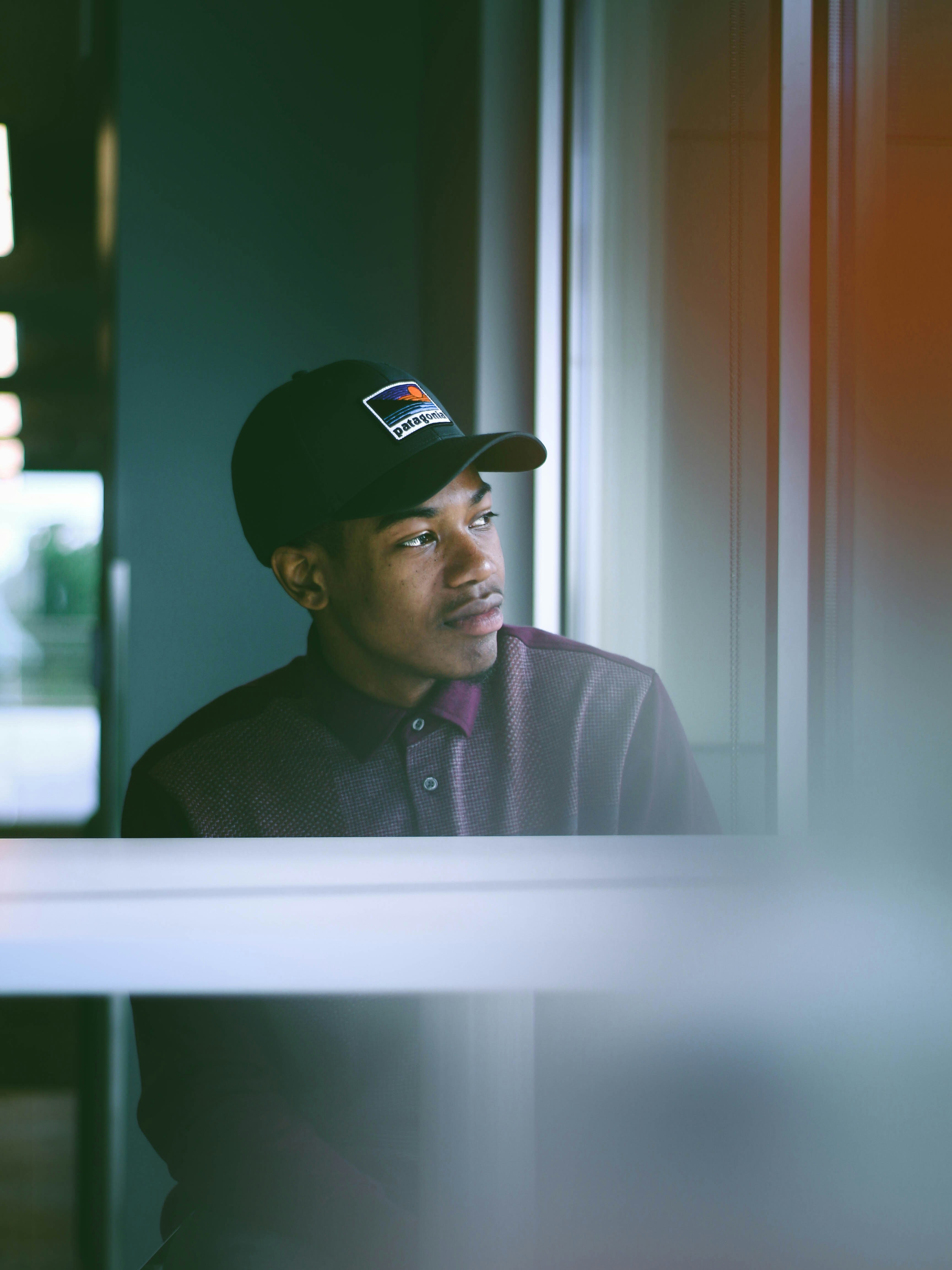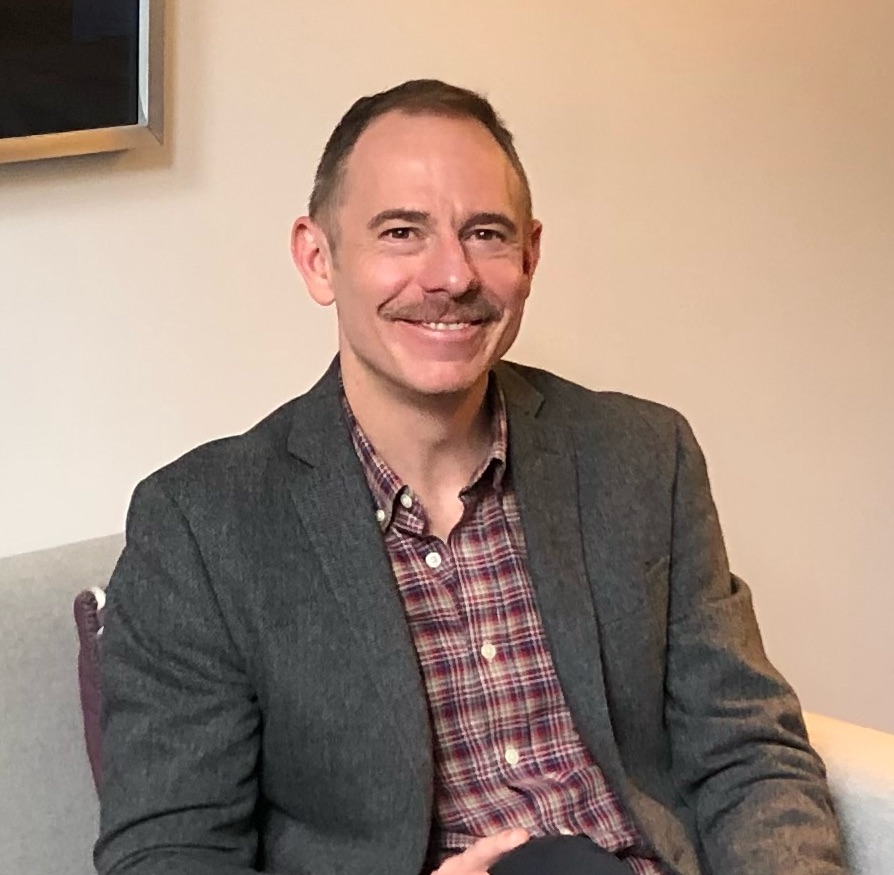
Img:
Photo by Hunter Newton on Unsplash
Children's Minds in the Line of Fire COCAP Blog
Kids these days… Precarity and its developmental dilemmas
Author: Stephen Lugar
“I don’t want to grow-up. My brother’s always talking about how, ‘adulting is so hard.’” These words, spoken by Alex, a 17-year-old patient of mine, first bring to my Gen-X ears a playful television jingle from childhood for a massive, American toy company. “I don’t wanna grow-up, I’m a Toys ‘R’ Us kid; They’ve got a million toys at Toys ‘R’ Us that I can play with…” The lyrics bring on a warm feeling initially, but I notice it’s also uneasy. Alex is laughing as he says his brother’s refrain. It’s a particularly playful moment where he’s trying to catch himself before he begins to anxiously spin out about his impending college applications, standardized tests, and the “I’ve only got one-shot” feelings that we talk about so often. I have never quite heard this kind of nascent self-reflectiveness from him. He seems to have a proto-awareness that there’s something frightening him about what happens on the far end of all those achievement-based rites of passage that he often just dismisses as, “what you have to do to have a good life.”
This is not, to my ear, an Oedipal conflict of a boy afraid to vanquish his elders and own his own strengths (and weaknesses). The more we talk of Alex’s more familiar anxieties about the standardized tests and personal statements on his college applications, the more his fear of how terrifying the world is comes into view. He talks of his brother who was quarantined and depressed throughout most of his college experience during the height of the pandemic. He describes the urgency that he’s felt to become an “effective climate activist” since his family’s home almost burned down in a northern California wildfire. He then references “World War III” beginning in the Middle East and tells a painful story of several of his Jewish friends who have felt not so subtle antisemitism in the weeks since the war in Israel and Gaza began. The overwhelming affect in the room is precarity. Full stop. Where is this all going? I return to my reverie of the toy company’s jingle, and am now overwhelmed by an image of the Pacific trash gyre, a flotilla of discarded plastic toys churning through the ocean interminably, leaching micro-plastics into the marine ecosystem. Consumptive capitalism is coming home to roost in this hour and I am stunningly aware of the dread that the children of Gen Z and Generation Alpha are so immersed in in this current moment filled with precarity on many of the vertices of everyday life.
And here I return to Alex’s brother’s simple phrase, “adulting is so hard.” It is such a frank and frankly true statement—it is difficult facing adulthood and the vicissitudes of self-responsibility. Accepting one’s own limitations is often psychically taxing for any of us in the best of times (Loewald, 1979). This calls to mind an interesting social phenomenon that I’ve been noticing over the last several years. There is a great deal of discourse about how Generation Z (the generation of children born in the late 1990’s and early 2000’s) seemingly does not want to grow up. While couched in terms of economic hardship, a recent poll by Bloomberg found that close to 45% of American young people ages 18 to 29 are living at home with their families. While this is not unusual in many parts of the world, this is the highest level of young people living at home in the US since the 1940’s. Another recent study from the University of California, Los Angeles found that Generation Z prefers to consume media (film, television, etc.) that portrays platonic relationships over relationships featuring sex or romance. No independence or sex? On the face of things, it is easy to say something along the perennial lines of “kids these days…” and insert the judgement of the older generation here. I believe, however, that there is more to see in these sociological trends. I think the children and young adults of Generations Alpha and Z do not want to grow up because of the profound sense of precarity that they have grown up within, echoed and amplified through the constant access to information that is a ubiquitous part of life in this era. We are not just abstractly aware that there is a war going on in a country far away. Children can watch TikToks of their peers in the middle east or Ukraine as the bombs are being dropped. Active shooter drills in American schools are as banal and everyday as a fire drill or the recitation of the Pledge of Allegiance in public schools. Precarity is the predominant affect of this era and children and young adults are rightfully frightened by the environmental failures all around them.
Much scholarly writing on precarity refers to precarious social class positions lacking in steady income and stable employment. Judith Butler has expanded this discourse by speaking of the universality of precariousness for all humans as vulnerable beings while highlighting that precarity is unequally distributed (2004). To Butler’s point, precarity is distributed remarkably unequally depending on where and to whom you are born, but I contend that all children of this era are faced with a kind of existential precariousness that is hard to escape, much less repress. Others and I have written previously about the use of defenses against neoliberal precarity such as techno-omnipotence (Lugar, 2023) or precocity (Butler, D., 2015). Here I am writing of a very different kind of defensive adaptation to precarity, namely that today’s children and young adults may want to rely more fully on their caregivers and elders to protect them from a terrifying world. They seem to need their parents and their innocence, and perhaps they are expressing a kind of dependence that older generations are somewhat envious of.
This makes me revisit an Oedipal formulation along generational lines. Namely, we may have a Loewaldian dilemma on our hands where older generations expect the children of this generation to rush out into the world as they themselves were encouraged to do so. This may set up a problem, pathologizing the children of today’s hesitance to individuate and establish their own self-responsibility and determination. Generational splits always take place, but those splits are so profoundly counterproductive in this moment when we need to care for one another so urgently.
Perhaps the older generations could hold that the children and emerging adults of today struggle with the developmental act of parricide because the world is so terrifying to navigate on their own. Perhaps we could imagine a more nuanced notion of generational transfer. Loewald spoke of the necessary atonement for the attendant guilt of parricide and pointed to the notion that atonement literally means ‘to become at one.’ (1979, p. 758). I think it’s possible the older generations could convey that we can be surpassed, but that we will not retaliate and abdicate our responsibility to help them navigate this precarious world. At-one-ment seems to me to be a powerful partial antidote to precarity. Something we all desperately need right now.
References
Butler, D. G. (2015).
Falling through the Cracks: Precarity, Precocity, and other Neoliberal Pressures. Fort Da 21:33-52
Butler J. (2004).
Precarious Life: The powers of mourning and violence. Verso.
Loewald, H. W. (1979).
The Waning of the Oedipus Complex. Journal of the American Psychoanalytic Association 27:751-775
Lugar, S. (2023).
Cruel Optimization: Interrogating Technology’s Optimization of Human Being. In D. Goodman and M. Clemente (Eds.), The Routledge International Handbook of Psychoanalysis, Subjectivity, and Technology (pp. 379-389). Routledge.
https://www.bloomberg.com/news/articles/2023-09-20/nearly-half-of-young-adults-are-living-back-home-with-parents
https://www.npr.org/2023/10/25/1208435267/sex-teens-tv-movies#:~:text=A%20new%20study%20about%20young,those%20featuring%20sex%20and%20romance.
 Author bio:
Author bio:
Stephen Lugar, PsyD is an adult psychoanalyst in San Francisco, CA who works with adults, children, and adolescents. He is a graduate of PINC and an affiliate member of the IPA.
 Back to Children's Minds in the Line of Fire Blog
Back to Children's Minds in the Line of Fire Blog